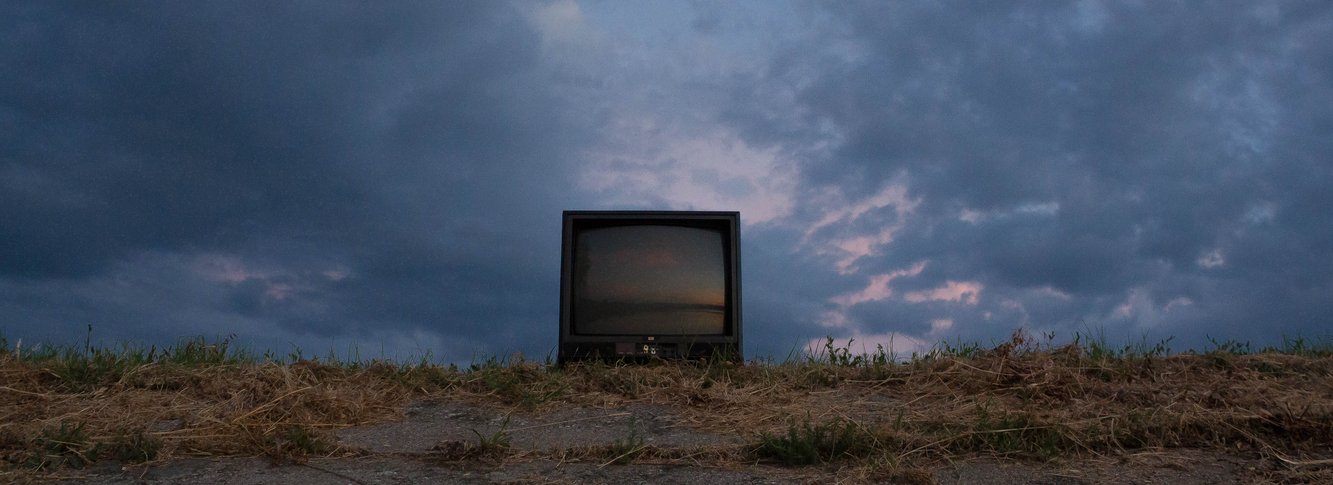| 5 mins read
Governments are often judged on how they react to criticism and dissent. By this measure, India under Prime Minister Modi has certainly underperformed. From imprisoning dissenters to labelling critics as ‘anti-India’ or ‘anti-national’, the state has attempted to curb voices that dare to speak out. Most media houses in India are pro-government and undermine civil society and opposition groups; the Press Freedom Index ranked India 150 out of 180 countries in 2022.
With the recent release of the BBC’s docuseries ‘The Modi Question’, there has been an uproar within India and among Indians living abroad. The docuseries focuses on the rise of Modi and raises questions about the involvement of Modi in the outcomes of the Gujarat riots of 2002. It further explores Modi’s policies and politics after becoming the Prime Minister of India in 2014.
Censorship and Dissent in India
The Indian government’s reaction to the series has been extreme. They have ordered sites like Youtube and Twitter to block links to the documentary by using emergency powers ascribed in the 2021 IT Rules. Fifty tweets with links to the series were taken down before the issue exploded into a contest for ‘freedom of speech and dissent’. Various opposition parties, civil organisations and student-led groups in universities and colleges have since announced that they will hold a screening of the docuseries.
One of the first few screenings across India in Jawaharlal Nehru University, New Delhi was interrupted by a power blackout with stones being thrown at students who had gathered to watch the docuseries. The university administration had not permitted the screening. Similarly, students were detained by the police and classes were suspended to prevent a planned screening at Jamia Millia Islamia University.
This attack on the documentary by the state apparatuses is an attack on the Indian constitution, which does permit acts of dissent and the expression of multiple viewpoints. By banning it on the internet, the government is attempting to control the distribution of knowledge and produce their own versions of the truth. For this to be successful, there must not be any alternative information on the same incident available. Mainstream spaces do not entertain questioning the facts around the Gujarat Riots of 2002 because the Supreme Court of India has cleared Modi’s name. The only threat to Modi’s narrative was from outside India, and to counter that, the Bharatiya Janata Party (BJP) has built a decolonial facade around the entire issue, which will be discussed in the next section.
So why has the docuseries been taken so seriously? Firstly, because it has been produced by the BBC, a global institution. Secondly, because the BJP understands the power that visual art, popular culture and literature has on the national psyche. In India, serious attempts have been made to cultivate a ‘Saffron Popular Culture’ with ultra-nationalistic, hyper-masculine movies and biographies of Hindutva ("Hindu-ness") icons, songs targeting Muslim minorities, and books on the greatness of Hindutva ideologues. The docuseries, in which the government is questioned and held accountable, is an alternative to that discourse. They fear that it might inspire the production of further dissentious content.
Propaganda of the West
In response to the documentary, government officials and members of parliament from the ruling party have criticised the BBC. Despite the fact that supporters of Modi such as Swapan Dasgupta are given space within the documentary to provide a counterargument, the government claims that the programme is Western propaganda, produced to defame the growing global powerhouse that is India.
The other side of the ‘propaganda discourse’ is the rejection of the ‘coloniser’s view’. According to this view, India cannot deal with its own problems, and the Indian judiciary is not legitimate because India is a non-white nation. It is claimed that the banning of the documentary was a way to stop racist interpretations of Indian culture.
However, certain things are universal, like human rights. What happened during the Gujarat riot was a blatant violation of human rights. Furthermore, we should avoid confusing the criticism of a government with an entire nation and its culture. A criticism of an administration and its decision-making during the riot is valid, and does not represent a criticism of Indian culture.

